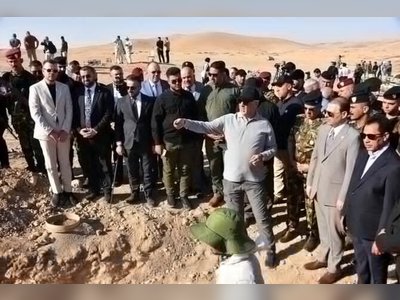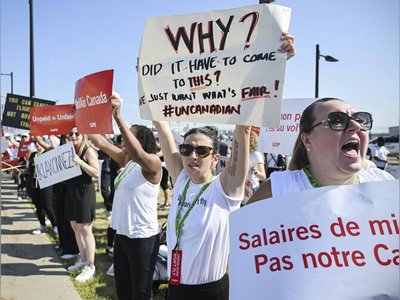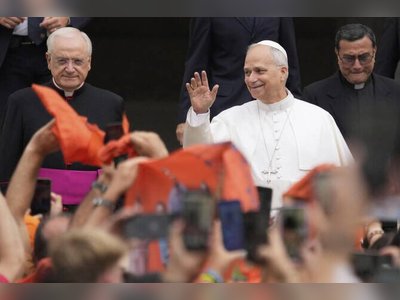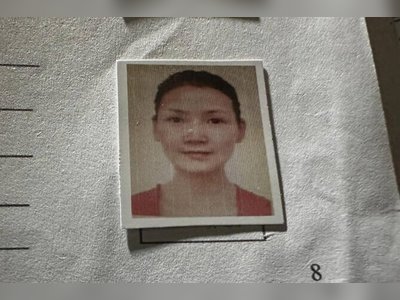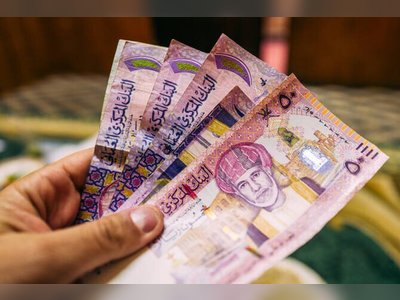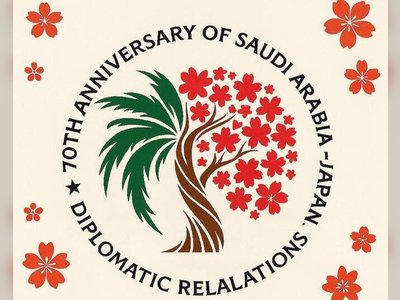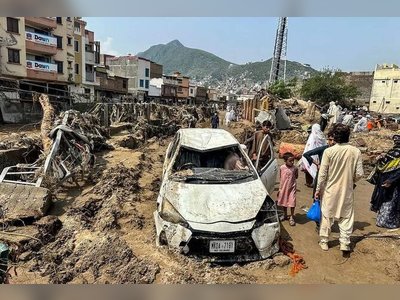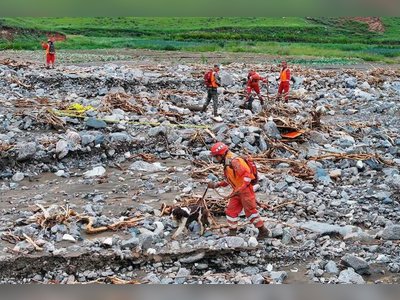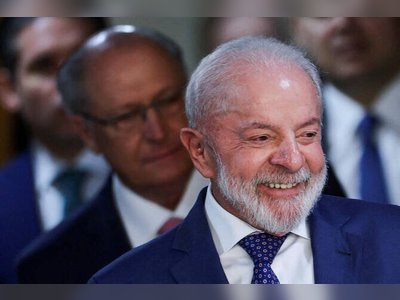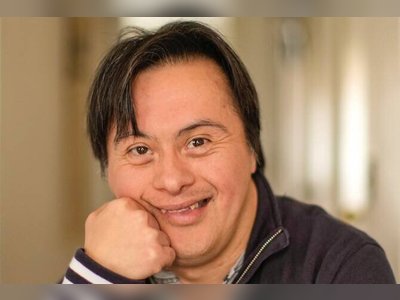
Bolivians Prepare for Elections Amid Deep Economic Crisis
Economic hardships and political shifts mark the upcoming Bolivian elections.
Bolivia is facing its worst economic crisis in a generation, with voters heading to the polls on Sunday to decide the country's future.
The election has been marked by significant economic difficulties, including annual inflation of nearly 25% and critical shortages of dollars and fuel.
This situation has led to a decline in support for the ruling Movement toward Socialism (MAS), which has been in power since 2005 when Evo Morales became Bolivia’s first Indigenous president.
Center-right business tycoon Samuel Doria Medina and right-wing ex-president Jorge “Tuto” Quiroga are leading the polls as potential successors to Morales's unpopular successor, Luis Arce.
Both candidates have pledged radical changes to Bolivia’s economic model, including reducing public spending, attracting foreign investment, and strengthening ties with the United States.
These policies contrast sharply with those of Morales, who sought to distance Bolivia from capitalist and imperialist influences.
The election has drawn comparisons to that of 2023 Argentina, where voters removed the long-ruling leftist Peronists in favor of libertarian candidate Javier Milei.
However, unlike Milei, Doria Medina and Quiroga are both experienced politicians running for president for a fourth time.
They have vowed to address inflation, restore fuel and dollar availability, while maintaining anti-poverty programs.
Bolivia has seen economic growth and Indigenous upliftment under Morales, but issues such as underinvestment in gas exploration and shortages of foreign exchange have led to significant challenges.
The government’s refusal to allow Morales to stand for a fourth term has resulted in calls for voters to spoil their ballots or abstain from the election.
Despite these hardships, Bolivians have shown resilience and are seeking stability amidst political shifts and economic turmoil.
The election has been marked by significant economic difficulties, including annual inflation of nearly 25% and critical shortages of dollars and fuel.
This situation has led to a decline in support for the ruling Movement toward Socialism (MAS), which has been in power since 2005 when Evo Morales became Bolivia’s first Indigenous president.
Center-right business tycoon Samuel Doria Medina and right-wing ex-president Jorge “Tuto” Quiroga are leading the polls as potential successors to Morales's unpopular successor, Luis Arce.
Both candidates have pledged radical changes to Bolivia’s economic model, including reducing public spending, attracting foreign investment, and strengthening ties with the United States.
These policies contrast sharply with those of Morales, who sought to distance Bolivia from capitalist and imperialist influences.
The election has drawn comparisons to that of 2023 Argentina, where voters removed the long-ruling leftist Peronists in favor of libertarian candidate Javier Milei.
However, unlike Milei, Doria Medina and Quiroga are both experienced politicians running for president for a fourth time.
They have vowed to address inflation, restore fuel and dollar availability, while maintaining anti-poverty programs.
Bolivia has seen economic growth and Indigenous upliftment under Morales, but issues such as underinvestment in gas exploration and shortages of foreign exchange have led to significant challenges.
The government’s refusal to allow Morales to stand for a fourth term has resulted in calls for voters to spoil their ballots or abstain from the election.
Despite these hardships, Bolivians have shown resilience and are seeking stability amidst political shifts and economic turmoil.
